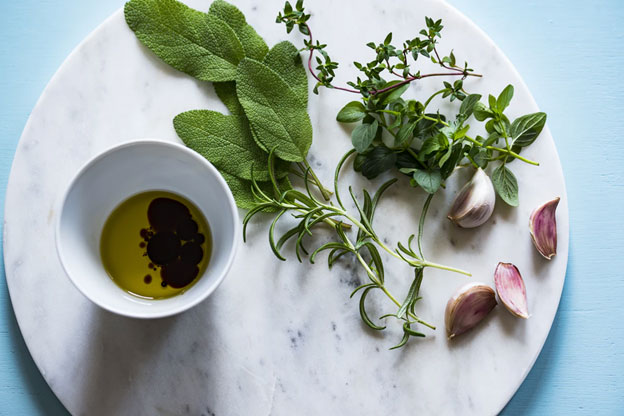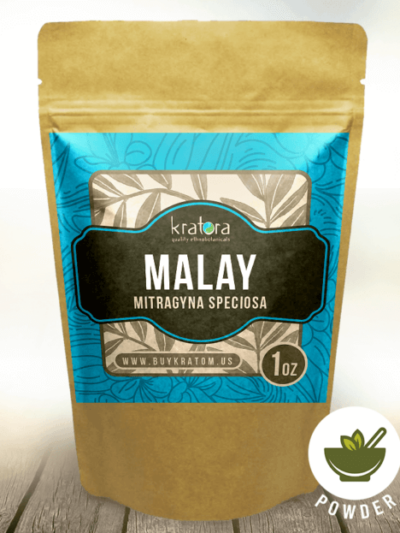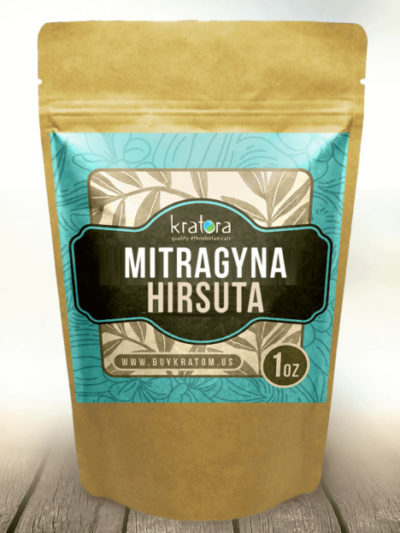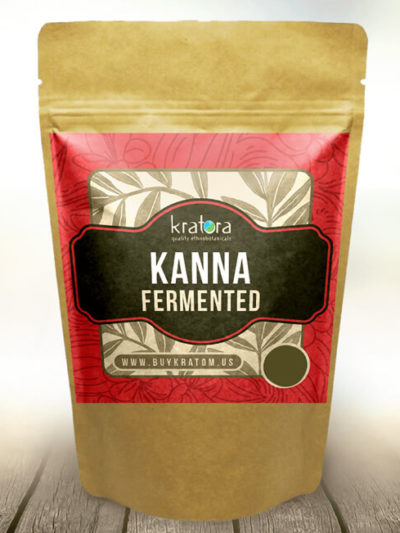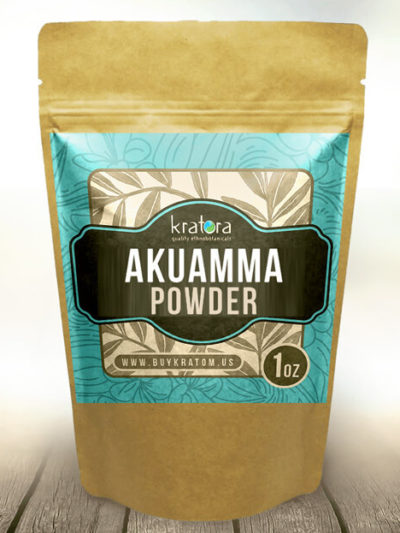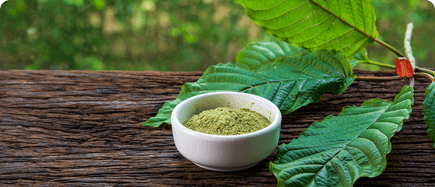In the 18th century, the physician, writer, and educator Dr. Benjamin Rush stated:
“20 to 30 articles [drugs], aided by the common resources of the lancet, a garden, a kitchen, fresh air, cool water, exercise, will be sufficient to cure all the diseases that are at present under the power of medicine.”
Western and Herbal Medicine: Two Very Different Approaches to Healthcare
Herbal medicine has served humanity for thousands of years; however, medical doctors tend to eschew age-old remedies in favor of modern drugs and surgery. Why?
There are several reasons why doctors prescribe pharmaceutical drugs, but some people are choosing ethnobotanical and holistic health care approaches to health instead.
In medical school, medical students learn about the anatomy of the human body, abnormalities, and illnesses that can develop, and which patented drugs to prescribe for each condition. This model focuses on “fighting illness” and draws on clinical trials and advice from pharmaceutical reps to determine drug choice, dosage, and management.
As long as the doctor prescribes the indicated amount of the indicated drug for a person’s symptoms or diagnosed condition, the doctor is released from liability if complications develop as a result of the drug. Doctors also typically receive bonuses from pharmaceutical companies for prescribing particular drugs. As Western doctors are not trained in herbal medicine or authorized to prescribe non-pharmaceutical substances, most feel uncomfortable recommending natural remedies such as herbs and botanical supplements.
Herbal Medicine: A Focus on Wellness and the Whole Person
In contrast to the Western medical model, holistic living and naturopathic medicine focus on supporting health rather than fighting disease. It takes into account the mental, emotional, and spiritual aspects of a person’s life, as well as the physical and seeks to address complaints from multiple angles.
Within this approach, laboratory analyses and doctor’s diagnoses are taken into account along with the person’s health history, dietary and lifestyle habits, products in their home environment, observable physical markers of health, and an in-depth interview. A treatment program is then created that may involve prescription alternatives such as nutrition, cleansing, supplements, and complementary therapies such as acupuncture and massage.
Using Herbal Medicine at Home
If you are interested in taking a more natural approach to your health, herbal medicine could offer an effective alternative to Western pharmaceuticals. For example, many of our readers turn to kratom and kanna. If you are considering the idea of taking natural or herbal prescription alternatives for your symptoms, here are a few things to be aware of:
1. Objective Testing and a Health Record Should be Your Guide
No matter what your health goals are, you need to establish a baseline for your symptoms and measure your progress over time. In the first place, testing yourself will help you to identify all the areas that require attention and set realistic goals. Ongoing testing will help you to see whether or not your current herbal medicine regime is bringing about the desired improvement.
As far as frequency, you should rate your symptoms every couple of weeks, with laboratory testing occurring every few months or as ordered by your healthcare provider. Observing your progress over time (however gradual) can be a great motivator to keep persevering!
2. Increase Your Knowledge of Health and Healing
To use herbal medicine with a greater understanding, turn to articles and books written by current, renowned authors that explain factors that may contribute to your condition and how to manage it. These resources can be especially valuable if you have a condition that is not generally recognized as diagnosable or treatable through mainstream medicine—such as candida overgrowth, adrenal fatigue, chronic fatigue, fibromyalgia, multiple chemical sensitivity, and electromagnetic field sensitivity.
If you have access to experienced herbalists or medicine men/women in your community, you could also draw on the knowledge and experience of these traditional practitioners to help you find safe and effective prescription alternatives.
3. Do Your Research and Use only High-Quality Herbs
Once you are ready to explore the use of herbal medicine and find prescription alternatives, start by researching the herb you want to use and what vendors source the highest quality, most standardized form you can find.
Common botanicals like chamomile, lavender, peppermint, rosemary, and basil are easy-to-grow at home and are useful herbs to have on hand for common complaints like stomach problems or trouble sleeping.
Choose Brands Carefully
For safety and efficacy, we recommend choosing herbs and supplements that are produced by a trustworthy brand, that are lab tested, and that indicate the dosage on the bottle. If you can source the herb or root fresh, find out how the herb is prepared and used traditionally in its native context and refrain from stepping outside of these indications.
4. Start by Changing Your Diet and Lifestyle
No matter how bad your health has become, you can often experience significant improvement with some simple changes to your diet and lifestyle. By addressing your daily habits before adding herbal medicine, you can establish healthier long-term patterns of living that help you get well and stay well. As a bonus, lifestyle habits like exercise, aromatherapy, and meditation often cost little or nothing and can make an enormous difference to your health if practiced regularly.
5. Safety and Dosage Advice
The best way to use herbal medicine is under the guidance and supervision of a qualified professional. If you are pregnant, breastfeeding, have a health condition or take medications, find out whether the herb is safe for you by checking websites such as WebMD or consult with a naturally-minded healthcare practitioner.
-
Best Seller
Green Malay Kratom Powder
From $12.99 Shop Now This product has multiple variants. The options may be chosen on the product page Quick View -
Best Seller
Mitragyna Hirsuta Powder
From $11.99 Shop Now This product has multiple variants. The options may be chosen on the product page Quick View -
Best Seller
Fermented Kanna (Sceletium Tortuosum)
From $7.99 Shop Now This product has multiple variants. The options may be chosen on the product page Quick View -
Akuamma Powder
From $11.99 Shop Now This product has multiple variants. The options may be chosen on the product page Quick View
Enjoy a Healthy Life with Natural Prescription Alternatives
By educating yourself about herbal medicine, taking advantage of medical testing, and proceeding with care, you really can transform your health while avoiding many of the pitfalls and complications associated with prescription drugs. Want to learn more about other holistic life practices? Check out Kratora’s blog to find related articles, studies, and more!
Please note that none of the products sold on our website are intended to diagnose, treat, cure, or prevent any disease or medical condition.
Want to learn more about kratom quality and value? Start here:
Why Buying Cheap Kratom Can Be Dangerous
